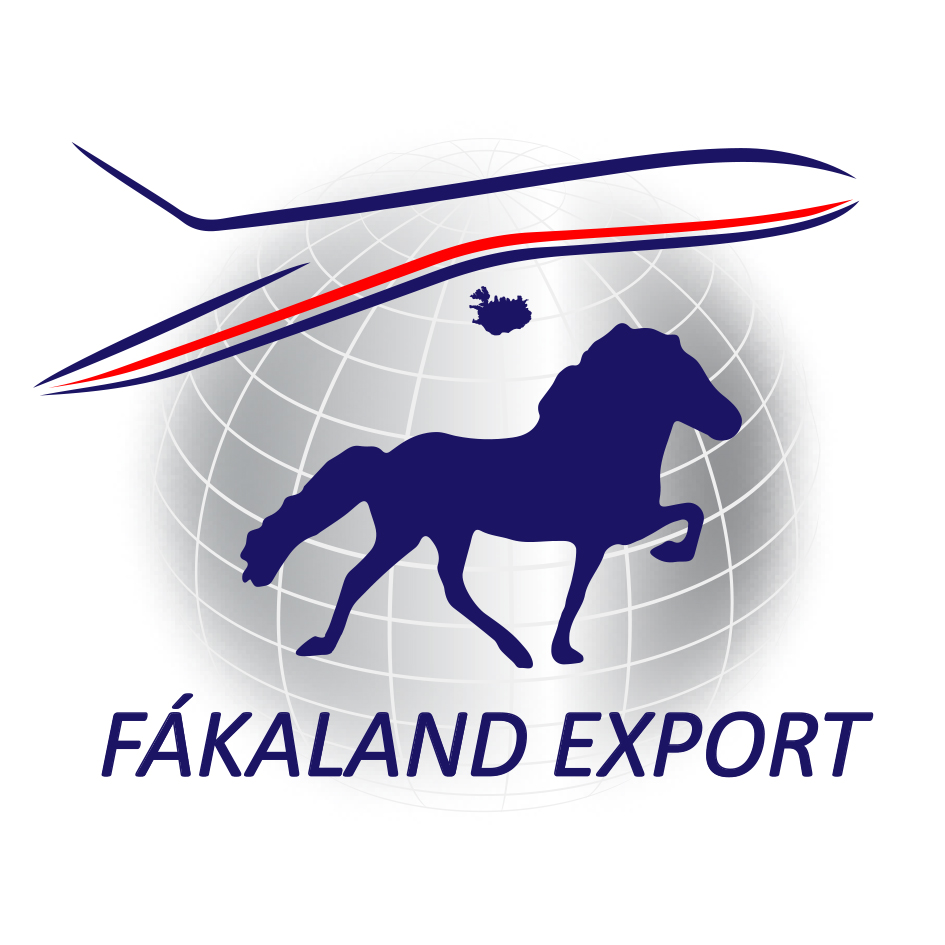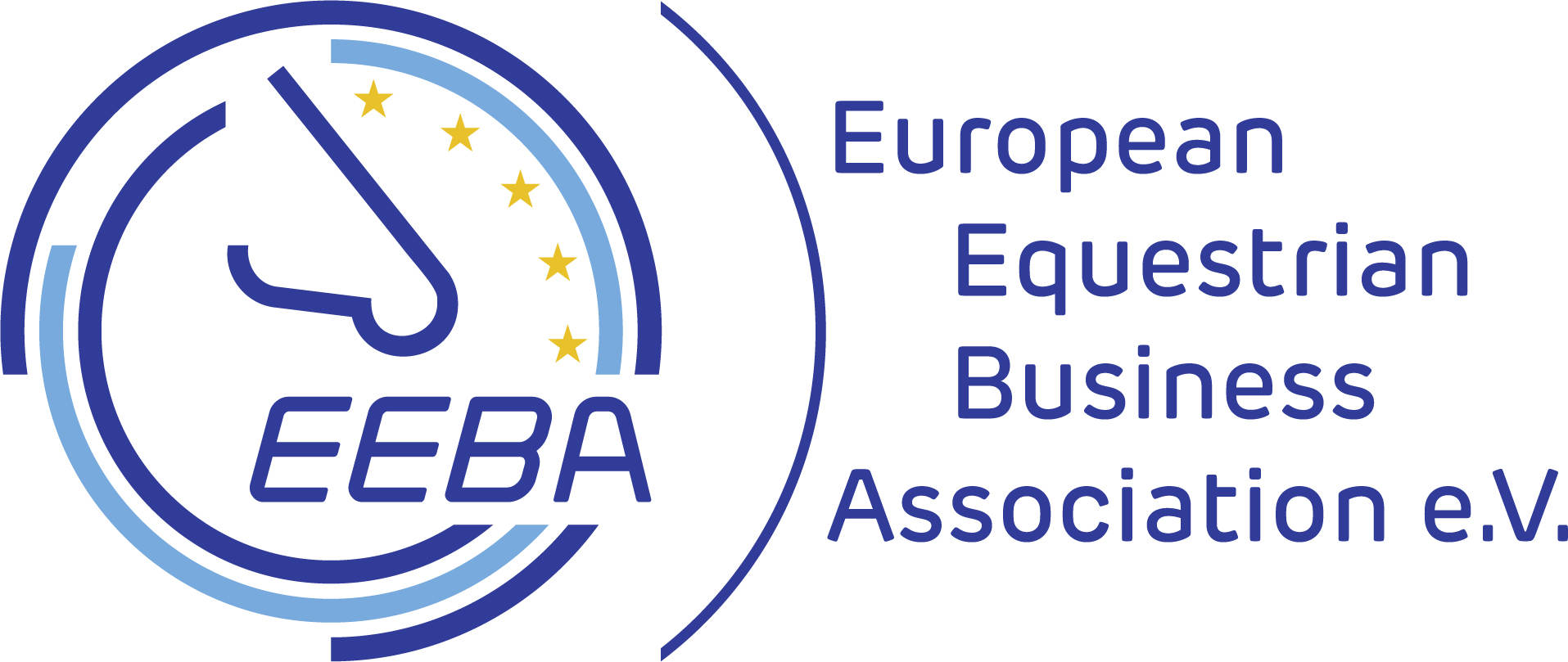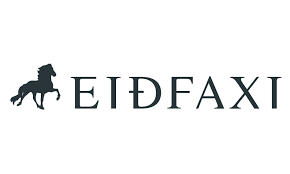It looks as though 2020 will be record-breaking in terms of horse export from Iceland this decade and horse exporters are feeling optimistic. According to Worldfengur, the studbook of origin for the Icelandic horse, 1474 horses have been exported so far this year. In 2019, 1509 horses were exported to foreign markets, more than in the nine years prior, and now it is likely that 2020 will top last year and be the best year for horse export this decade. From January to September, 317 more horses were exported than during the same period in 2019, which is a 36% increase. As in past years, most horses are sold to Germany and the Nordic countries, while Austria, Switzerland, the Netherlands and USA follow suit.
Horse export was the cover story in Bændablaðið, the Icelandic farmers’ newspaper, on 22 October. The article quotes Mikael Tal Grétarsson, manager of Icelandair Cargo’s export division, as saying that the low exchange rate of the Icelandic króna is probably the main reason for the increase. He also believes that the COVID-19 pandemic has had an influence, as people spend less money on travel and have more time for their hobbies. Also, Horses of Iceland’s (HOI’s) marketing activities have certainly helped raise awareness of and interest in the Icelandic horse. In the past four years, HOI has actively promoted the Icelandic horse on social media, in print media, television programmes and at horse shows, reaching hundreds of millions of people worldwide. Mikael reveals that Icelandair Cargo is now responding to increased demand by investing in more specially-equipped containers for horse export.
Þórunn Eggertsdóttir, one of the owners of Fákaland export, agrees with Mikael about the reasons for the upswing, adding that some countries, for example Germany, have lowered the VAT from 19% to 16% which helps the sale of horse. Germany is the largest market for Icelandic horses. However, she would like to point out that export doesn’t equal sale. There are many foreign parties who breed horses in Iceland and use the opportunity while the exchange rate is low to have their horses transported to their home countries. Since Þórunn and her co-owners started their business three years ago, they have experienced a great increase in export. “Since we first started out we have doubled the export and have now sent more than 300 horses in total to buyers abroad. The first year we exported about 40 horses but this year there has been a significant increase.” So far this year, Fákaland export has sent more than 200 horses overseas. Even though their business is growing, Þórunn notes that it takes time to build up a company in horse export and gain the trust of customers. She states that the Icelandic horse has a good reputation overseas.
.jpg)
Eysteinn Leifsson.
Eysteinn Leifsson has exported horses for almost 30 years through his company Export Hestar and has experienced highs and lows in horse export. Eysteinn was modestly optimistic when HOI approached him for a comment in April when it was clear that 2020 was off to a good start. “I’d be very content if the sales figures for this year will be approximately the same as last year. We can hardly ask for more,” he said at the time. Now it’s only a matter of days before that goal will be reached and the export numbers have exceeded his hopes. “Yes, they have, especially considering the situation in the world in the midst of a COVID-pandemic and the fact that it has been difficult for foreign buyers to travel to the country to look at and try horses.” He believes that more than 2000 horses will be exported from Iceland before the year is through. “It would be absolutely fabulous if we make it!”
In the article in Bændablaðið, Eysteinn says horse people are generally doing fine and feeling optimistic. “There wasn’t any Landsmót and many other events have been cancelled but we cannot complain because we can still practice our sport and interest. People travelled on horseback like never before last summer.” He says that horse export has been increasing in the past years. “I export about 400 horses a year, from foals to horses with notable lineage and with high scores from breeding shows and competitions, so all kinds of horses are being bought.” He adds that the quality standard has increased as well. Now, practically all horses are registered by microchip, for example. There is also a better balance between supply and demand in horse breeding.
Eysteinn tells HOI that he is optimistic about the future. “I believe and hope that there are bright times ahead. Of course it always depends on the situation in the world, like the exchange rate of the króna and other factors, but we have been successful in strategic marketing of the Icelandic horse and HOI has played a big part in that work.”
Summary: Eygló Svala Arnarsdóttir. Photos: Gunnar Freyr Gunnarsson.
.jpg?280x160;crop)
.jpg?280x160;crop)
.jpg?280x160;crop)
.jpg?280x160;crop)
.jpg?280x160;crop)
.jpg?280x160;crop)
.jpg?280x160;crop)
.jpg?280x160;crop)
.jpg?280x160;crop)
.jpg?280x160;crop)
.jpg?280x160;crop)
.jpg?280x160;crop)
.jpg?280x160;crop)
.jpg?280x160;crop)
.jpg?280x160;crop)
.jpg?280x160;crop)

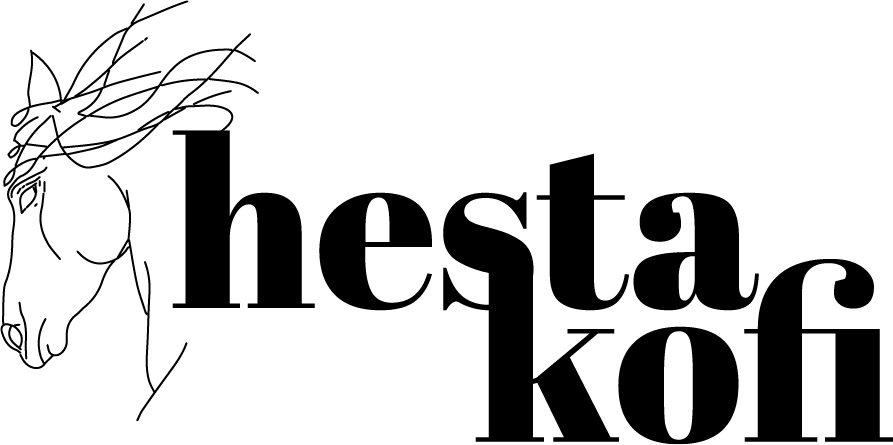
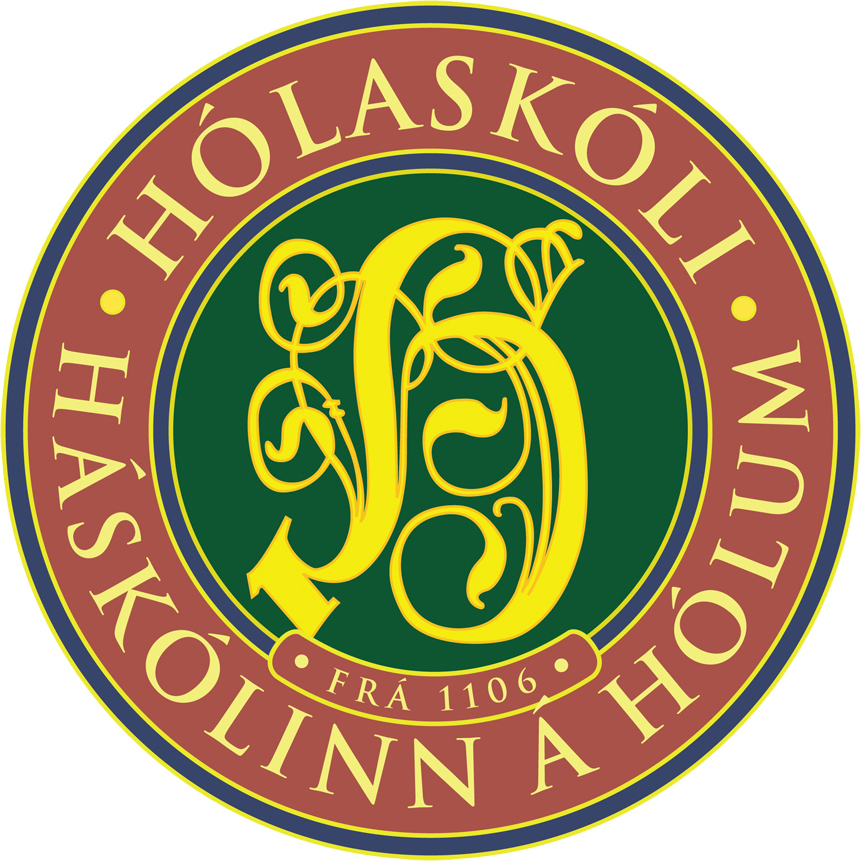



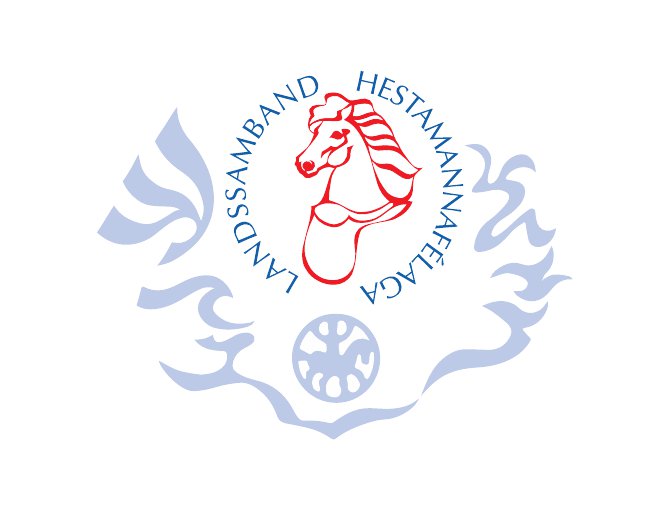

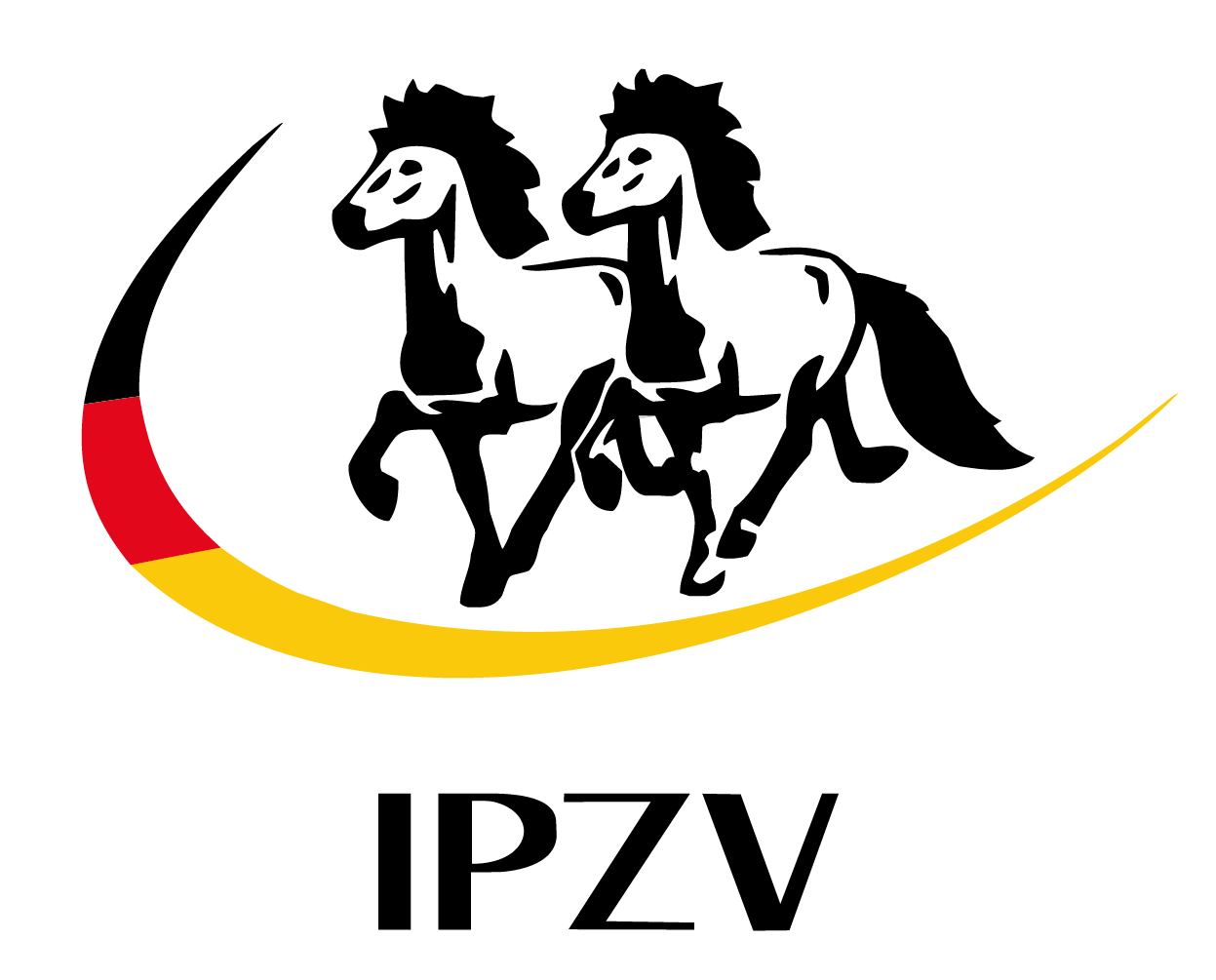

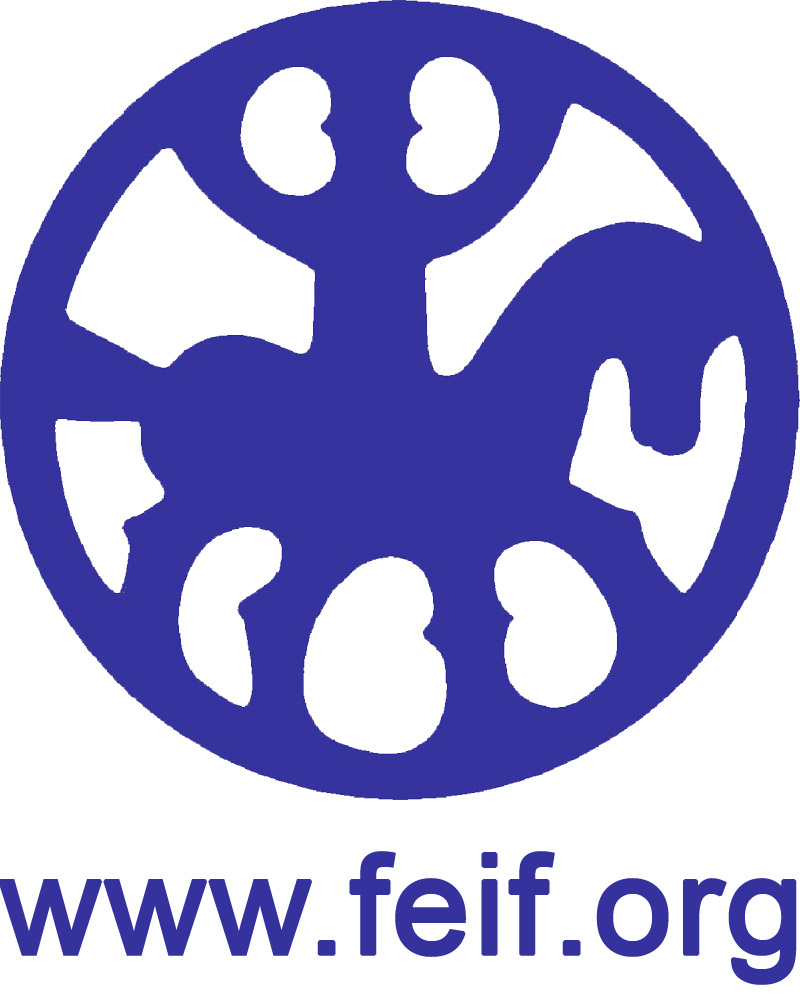

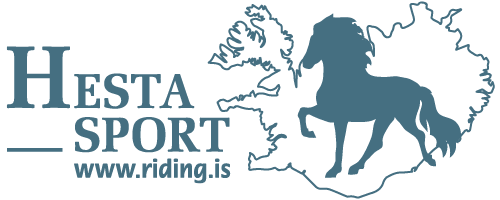


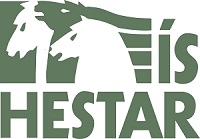


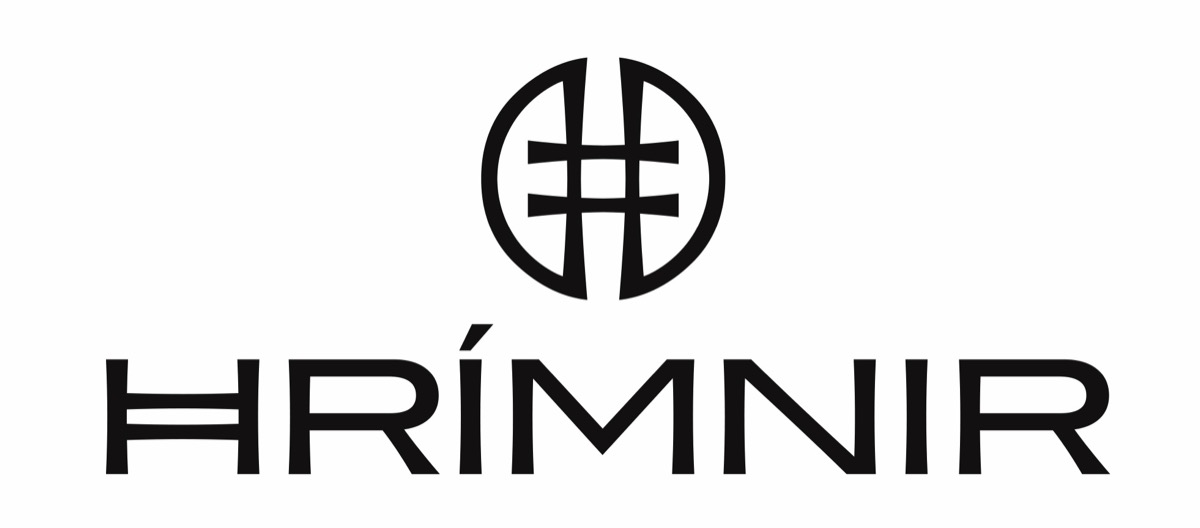

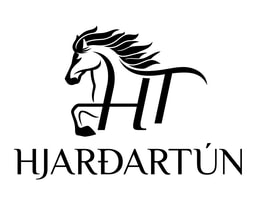
-1.jpg)
